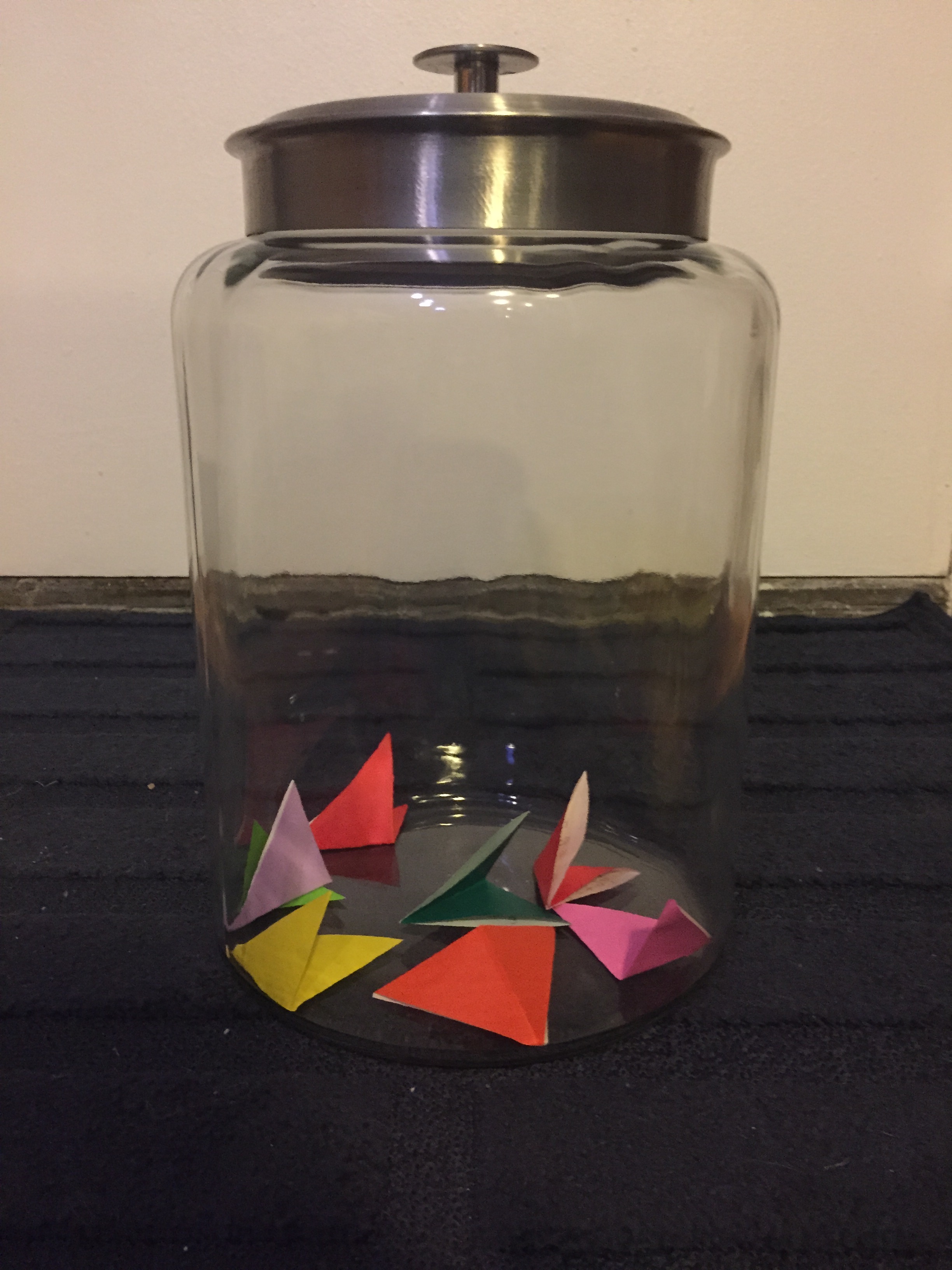
In the emotionally charged landscape of in vitro fertilization (IVF), you may find yourself grappling with a complex array of emotions, including anger — particularly directed towards your body. This internal struggle can be deeply challenging and painful.
If you are struggling with feelings of betrayal, frustration, and inadequacy in the face of infertility, you aren’t alone. Sometimes, it’s helpful to know why you feel this way, the impact of these feelings and learning how to implement concrete go-to coping strategies.
The Why:
- Sense of Betrayal: Your body may have become a perceived adversary, failing to fulfill the fundamental biological function of conception. This sense of betrayal can evoke profound feelings of anger and resentment towards your body, leading to a fractured relationship with yourself.
- Frustration with Functionality: Infertility can trigger frustration and anger towards the perceived malfunctioning of your reproductive system. You may feel a deep-seated sense of injustice, questioning why your body isn’t able to perform a seemingly simple task that others take for granted.
- Loss of Control: The inability to conceive naturally can leave you feeling powerless and out of control, exacerbating feelings of anger and resentment toward your body. This loss of agency over your reproductive capabilities can be deeply distressing and often contributes to a sense of helplessness.
The Toll of Anger on Emotional Well-Being
- Negative Self-Image: Anger towards your body can fuel negative self-perceptions and undermine your self-esteem. You may internalize feelings of inadequacy, viewing yourself through a lens of deficiency rather than recognizing your inherent worth and value beyond your fertility status.
- Strain on Relationships: The emotional intensity of infertility and IVF treatment can strain relationships with your partner, family members, and friends. This anger may manifest as irritability, withdrawal, or conflict, impacting interpersonal dynamics and communication.
- Psychological Distress: Persistent anger and resentment towards your body can contribute to psychological distress, including symptoms of anxiety, depression, and emotional dysregulation. These mental health challenges may further exacerbate the burden of infertility and IVF treatment.
- Loss of Confidence: Questioning what it means to be a woman/man and feeling “less than” because your body doesn’t do what other bodies of the same gender as yours can do sometimes leads to feelings of worthlessness. It’s not uncommon to feel insecure in your relationship because you don’t feel that your body can do its part in creating a baby.
Cultivating Self-Compassion and Acceptance
- Acknowledge Emotions: Recognize and validate the emotions you’re experiencing, including anger, frustration, and sadness. Allow yourself the space to grieve the loss of the envisioned reproductive journey while acknowledging that your worth extends far beyond your ability to conceive.
- Practice Self-Compassion: Cultivate self-compassion by treating yourself with kindness, understanding, and patience. Challenge self-critical thoughts and replace them with affirmations of self-worth (even if you don’t initially believe what you’re telling yourself).
- Seek Support: Contact trusted friends, family members, or mental health professionals for support and validation. Sharing your feelings and experiences with others can provide perspective and alleviate feelings of isolation.
- Explore Coping Strategies: Engage in self-care activities that nurture your physical, emotional, and mental well-being. Whether it’s mindfulness, creative expression, or relaxation techniques, find practices that help you cultivate a sense of peace and acceptance amidst the challenges of IVF.
Anger towards your body in the context of IVF is a natural and understandable response to the challenges of infertility. By acknowledging and validating these complex emotions, you can begin to cultivate self-compassion, acceptance, and resilience in the face of adversity. Remember, your worth is not defined by your ability to conceive, and you are deserving of love, compassion, and understanding — especially from yourself!



